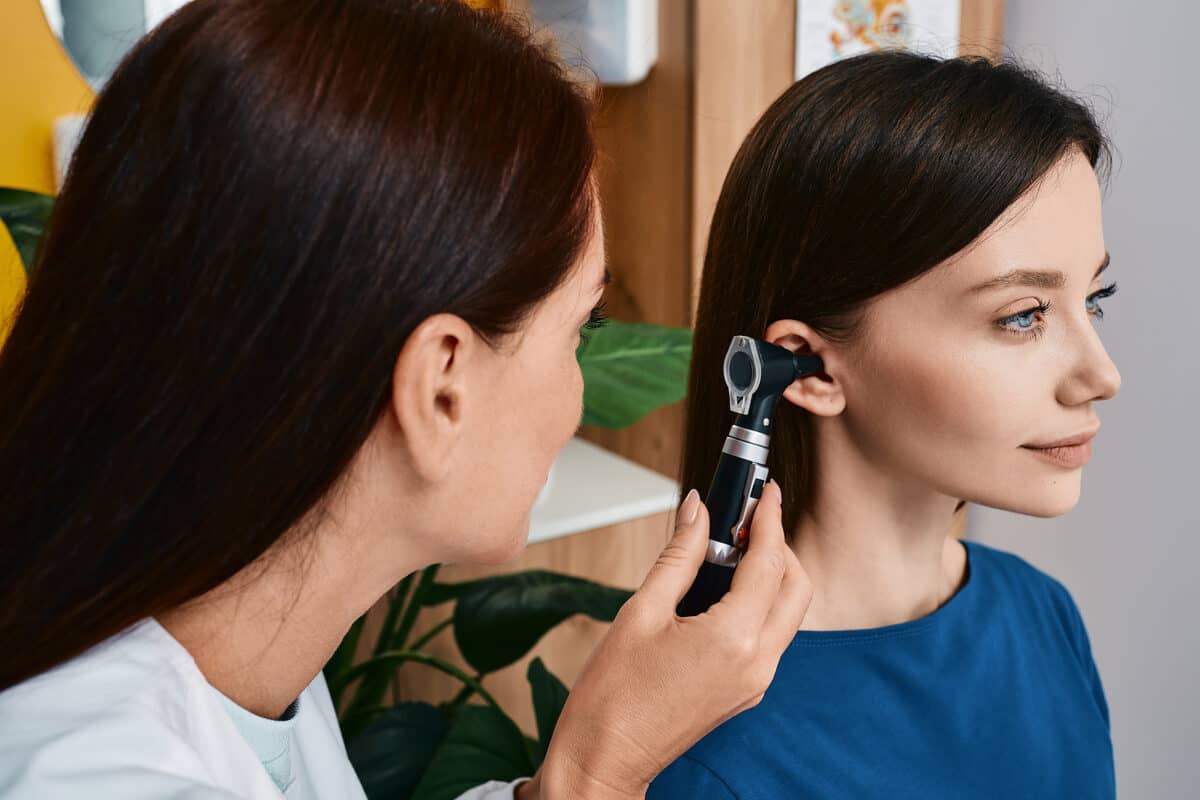- Strategies for Coping with Single-Sided Deafness - July 15, 2024
- How Summer Humidity Affects Hearing Aid Performance - July 3, 2024
- The Power of Body Language: Enhancing Communication for Those with Hearing Loss - June 28, 2024
College is an important chapter filled with exciting learning opportunities. You may join organizations, make new friends, and explore subjects you are interested in. While there is much to look forward to, this transition (like all transitions) can make you feel nervous or anxious. If you have hearing loss, you may feel overwhelmed and stressed thinking about your hearing loss in this new context. But there are strategies you can practice to make this an easeful transition while also making sure that your hearing needs are met.
- Maximize campus resources. Before starting school, spend some time looking up the resources and services your campus provides for people with different learning needs. They will have an office and range of services for people that have specific needs in different learning environments. This will include people whose job it is to connect you to resources and the things you need to succeed as a college student.
It is useful to learn about the resources they offer for students with hearing loss.
Examples of resources and accommodations that can benefit you include:
- Access to live captioning services
- Written class notes or transcripts
- Test taking accommodations
- Office hours with your professors
There may also be support groups or student organizations that you can look into.
Establishing a support system on campus is a great way to navigate college life.
- Be intentional about seating. Another useful tip is to sit strategically. Being intentional about seating is another way you can meet your hearing needs, especially in the classroom. You want to avoid sitting near any sources of noise like fans, the window, a/c units, speakers etc. This provides the brain with additional noise to process which can be distracting and tiresome. Instead, be sure to sit closer to the front and towards the middle. This allows you to have a clear view of the professor and any audio-visual aids they may use. Also disclose your hearing loss to your professors so they can support you with optimal seating, maintaining visibility, and access to transcripts.
- Disclose hearing loss with others. You are likely thinking about if, when, and how to share your hearing loss with others. First, we highly encourage you to share your hearing loss. Disclosing your hearing loss is a great way to support and advocate for your hearing needs. It allows people to know that you may experience challenges and need adjustments to be made so that you are able to hear. It also enables you to share how others can best support your hearing needs which is especially important. This invites everyone to participate in making conversations and spaces more accessible for you rather than you feeling like you have to do this alone.
- Share effective communication strategies. Disclosing your hearing loss and sharing specific ways people can support your hearing needs is the best way to set yourself up for success. You likely know what works best for your hearing so sharing effective communication strategies is a great way to make conversations as useful as possible. This includes:
- Facing you while speaking and maintaining visibility.
- Saying your name or tapping you on the shoulder before starting a conversation to make sure you are prepared.
- Rephrasing rather than repeating when you haven’t heard something.
- Reducing background noise as much as possible.
- Avoiding multitasking during conversations.
- Utilizing nonverbal cues like facial expressions, movements, and gestures.
- Texting or emailing detailed and specific information (instructions, directions, addresses etc.).
- Advocate for your hearing needs. It is important to always advocate for your hearing needs. If you haven’t heard what someone has said, kindly interrupt and ask for clarification. Also, sharing effective communication strategies with others and making what you need clear are ways you can prioritize and advocate for your hearing needs. It is important to remember that effective communication is everyone’s responsibility. We have a role to play in making conversations and spaces more accessible and easier to navigate.
- Protect your hearing health. Be sure to also practice strategies to protect your hearing health. This includes maintaining lower volume settings on your electronic devices, taking listening breaks, and wearing hearing protection like headphones or earbuds.
Practicing these strategies can support your hearing health and enjoy your college experience. Contact us today to learn more!

